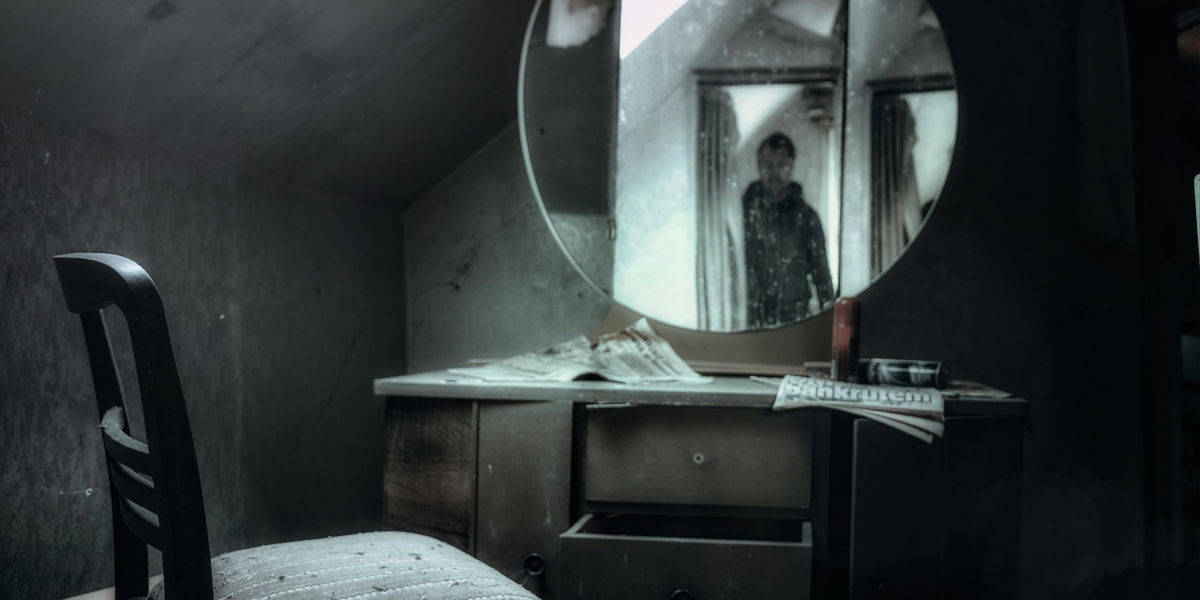What really strikes fear into our hearts when we're glued to our seats, eyes wide-open, watching our favorite horror films? Is it the abrupt, spine-chilling jump scares that elicit gasps and screams? Or is it the psychological horror, the slow mind games that creep into our subconscious terrorizing us long after the film has ended? Join me as I peel back the layers of the modern horror film genre, and delve into an age-old debate: 'Are jump scares more effective than psychological horror?'
The Evolution of the Horror Genre
The horror film genre has had an interesting journey, evolving considerably, over the past few decades. Vintage classics such as Alfred Hitchcock's Psycho and Stanley Kubrick's The Shining are sterling examples of psychological mind games at their finest. These cinematic masterpieces leveraged suspense, intrigue, and carefully crafted storylines to terrifying effects. Crowds flocked towards these films, raveling in the dreadfully delicious plots that preyed on the human psyche long after the credits rolled.
The modern era, however, has seen the advent of a newer, more in-your-face style of horror that relies heavily on jump scares. This type of horror hit its stride in the late 90s and early 2000s with movies like The Blair Witch Project and Paranormal Activity. These films had audiences jumping out of their seats – the accumulative nervous energy in a theater was palpable.
Modern Horror Films: Are Jump Scares More Effective than Psychological Horror?
In the face of the modern horror genre's predilection for sudden, unexpected shocks, it's easy to perceive jump scares as the more effective form of horror. After all, they garner immediate reactions—jolts, screams, gasps—from their audience. But that's exactly where the trick lies—in the 'immediacy' of the reaction.
While jump scares deliver an instant dose of adrenaline, their effect tends to wear off just as quickly. Sure, you might give a second thought to that unexpected figure popping out from the dark while you're on your way to the bathroom later that night, but for the most part, the terror doesn't linger.
Psychological horror, on the other hand, worms its way into your psyche, playing mind games that leave lingering chills. This form of terror makes you question reality, instilling a fear that transcends the temporary startle of a jump scare. Think about it: isn't that lingering sense of dread what draws us to horror in the first place?
The Fear Factor: What Scares us Most?
For many horror veterans, a true scare isn't about the monster lurking behind the next corner—it's about the unknown, the inexplicable, the dark secrets hiding in the corners of our minds. After a while, sudden loud noises and grotesque creatures lose their impact. They become predictable, even laughable. So, why do horror movie makers keep leaning towards jump scares?
The simple answer is, it's easier. Jump scares are a more straightforward way to evoke a primal sense of fear. They rely on our automatic and evolutionary ingrained 'startle reflex,' which makes us jump when we encounter an unexpected, intense stimulus, like a high-pitched noise or sudden movement.
The Delicate Intricacy of Mind Games
Psychological horror, on the other hand, is a much more sophisticated and difficult to master art. It relies on the fascinating mechanics behind individual psychology and collective cultural symbolism. Instead of brute and blatant scares, they play on our deepest existential fears, our anxieties, and our paranoia. These fears are not universal, which is what makes this genre so diverse and exciting.
Psychological horror messes with our perception, not just by the suspense of unexpected scares, but by sketching a reality that is just off somehow. It’s the slow feeling of unease, the inescapable sense of dread that makes your heart pound in your chest, even when there aren't any monsters on the screen.
Why Choose Mind Games Over Jump Scares?
The primary distinction between the 'jump scares' and 'mind games' approaches in horror films should not be reduced to a judgment of good versus evil, or sophisticated against mundane. Horror movies are all about creating effective fear, and sometimes a well-executed jump scare can do just that.
However, our brains quickly get used to the startle reflex, which, in a way, leaves jump scares with an expiration date. The more jump scares a movie relies on, the less effective they become. Therefore, seasoned horror fans tend to lean towards the mind games approach. Just like a well-written book, a psychological horror film can leave a lasting impact and keep fans up at night, pondering the intricacies of their fears.
The Future of Horror Cinema: A Balanced Act
Moving forward, the best horror films will likely be a blend of both styles - effectively intermixing jump scares and psychological horror. The jump scares keep the audience on the edge, while the psychological horror slowly seeps into our minds, making the horror stick for much longer.
The ultimate goal for any horror film should be not only to frighten us while we are watching, but also to leave a chilling aftershock, something that haunts us long after the credits have rolled. While jump scares do serve a purpose, it is the mind games that linger in our thoughts and nightmares, making a truly unforgettable horror experience.




